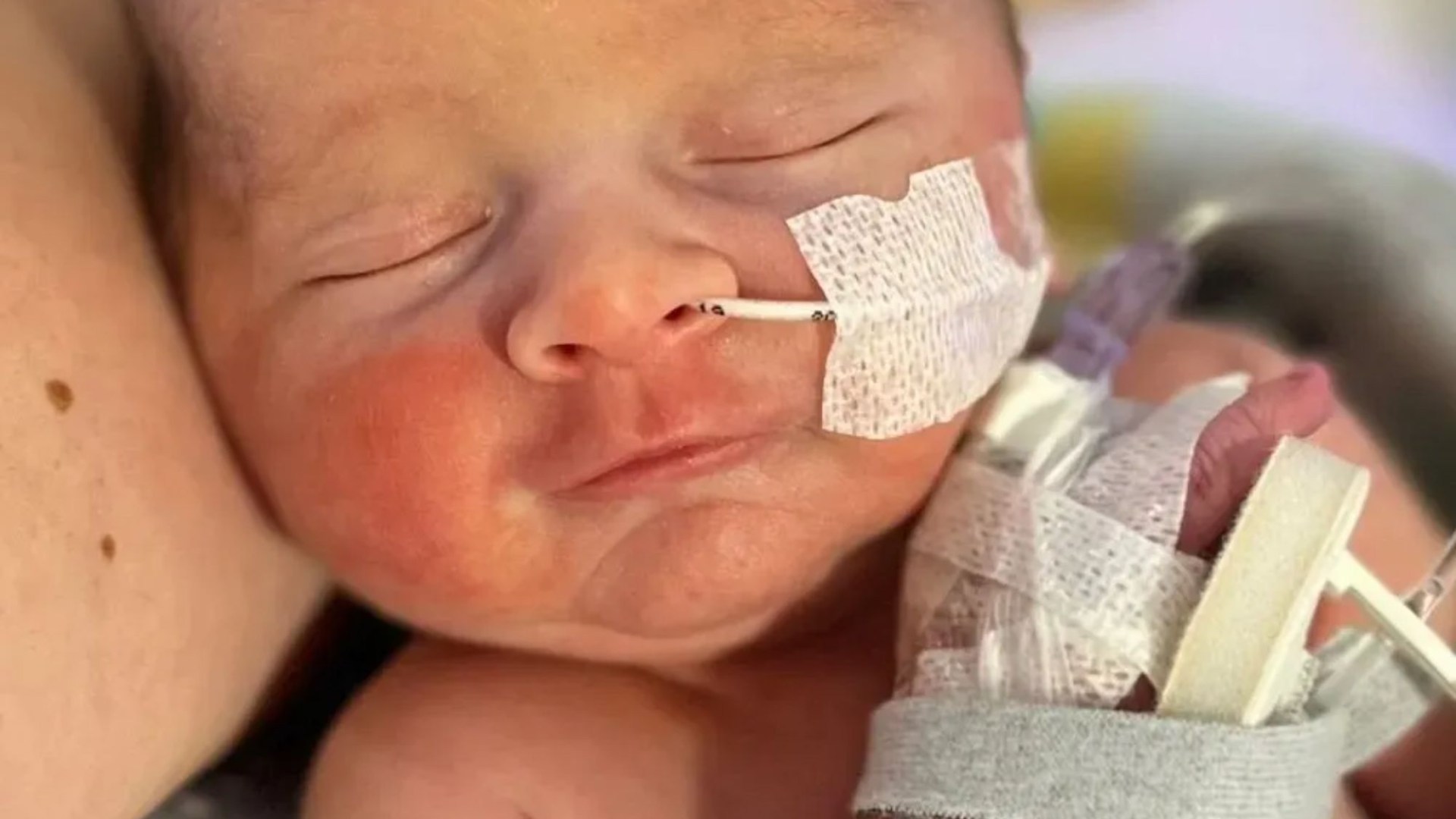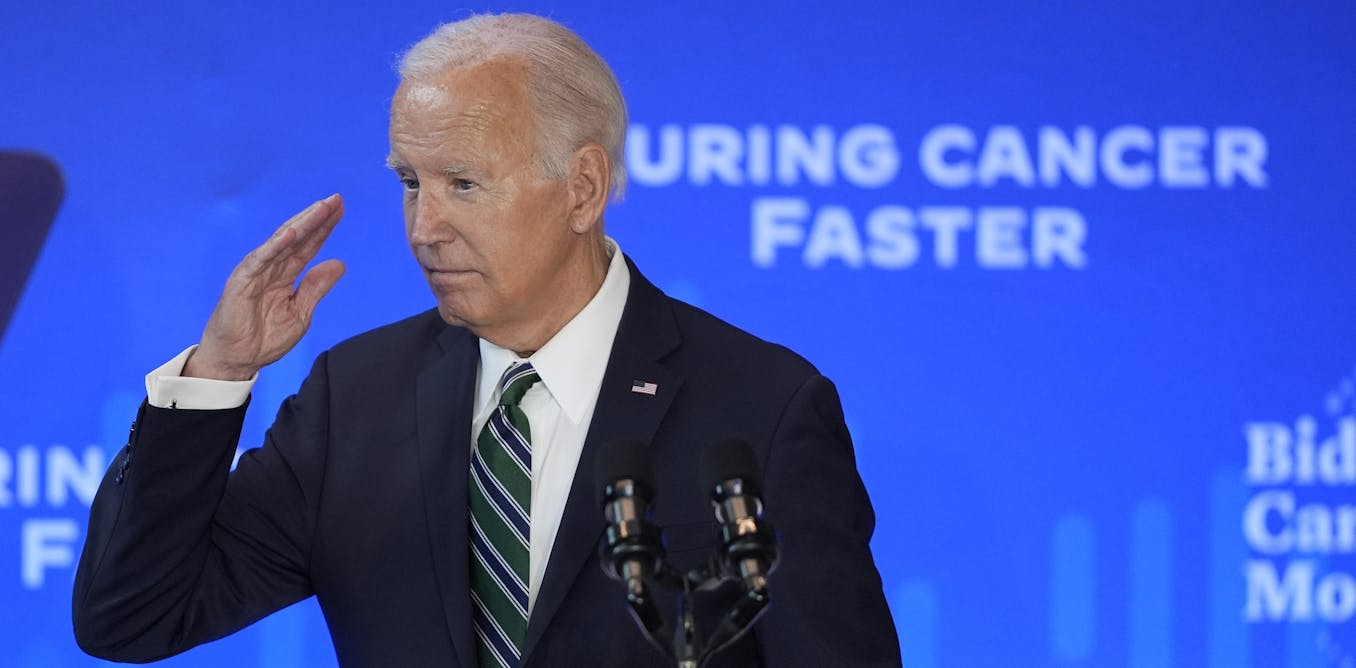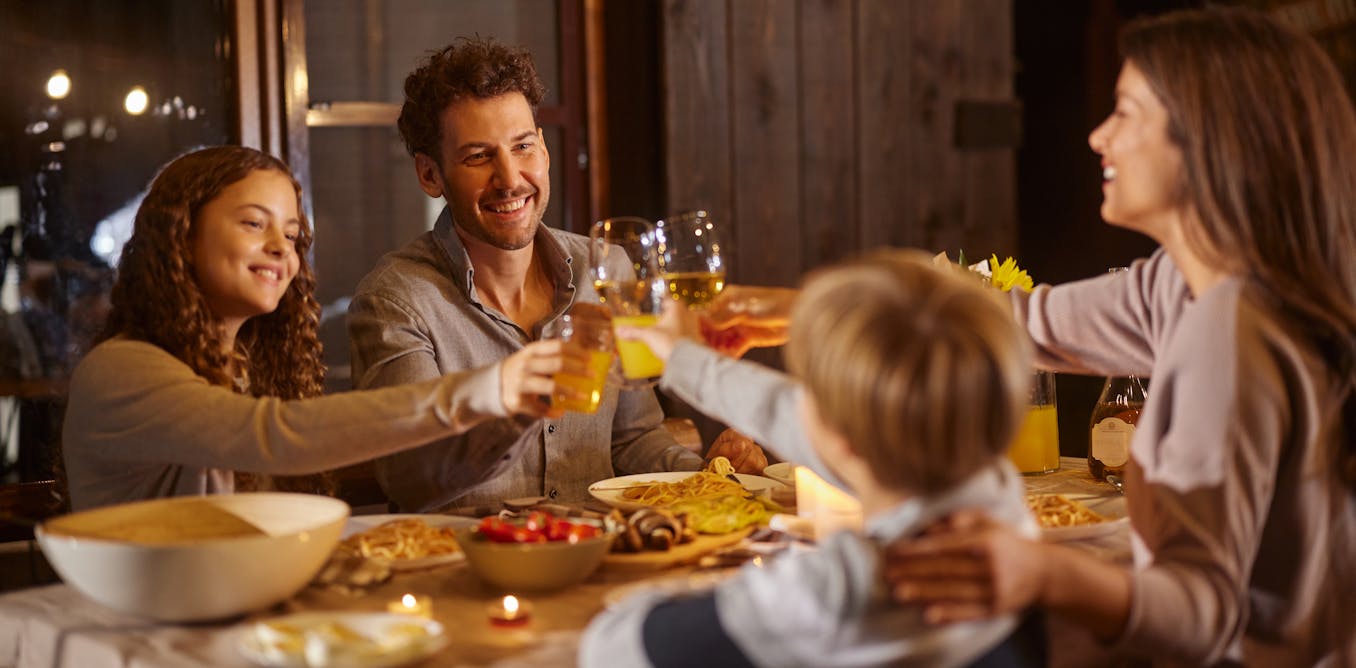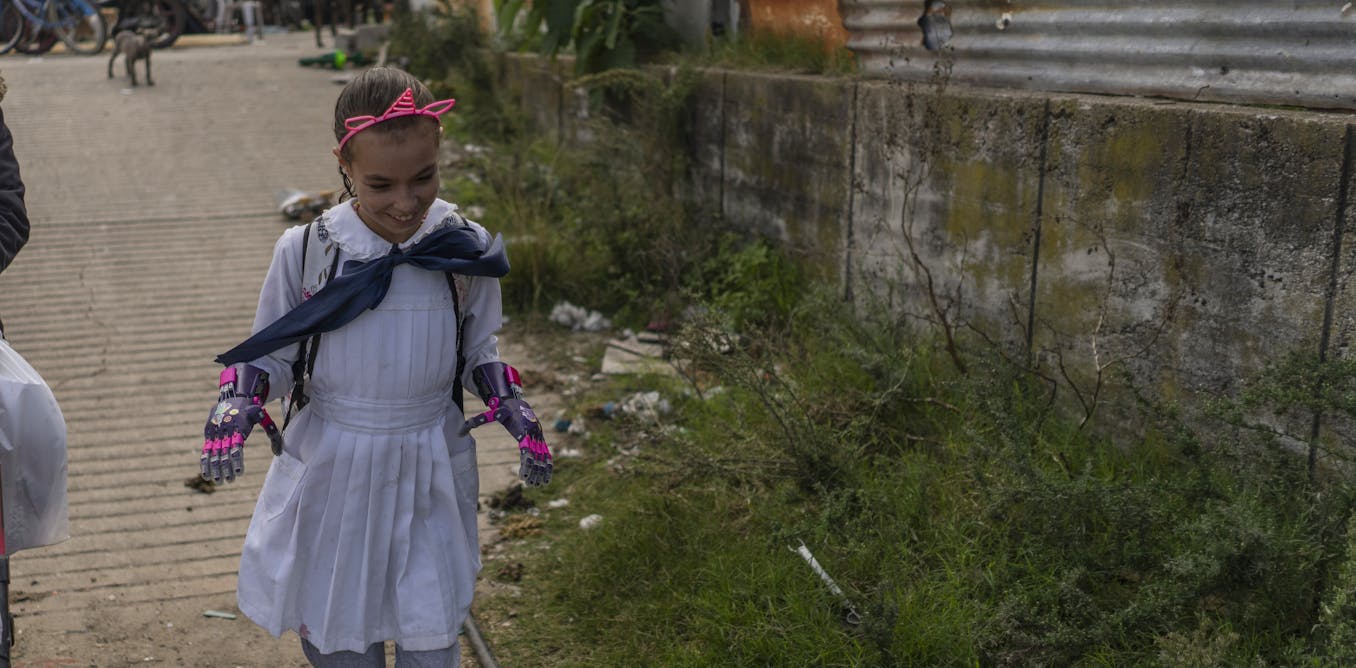A BABY needed two emergency blood transfusions to save his life after his own mum’s body attacked him in the womb.
Little Arthur Williams, now one, wasn’t growing as quickly as expected in utero so doctors decided to run tests.

8

8
They discovered the unborn tot had the same rare blood type as his dad, Matt Williams, 33, called Rh negative.
Mum-of-three Sam Williams, 29, had a different blood type so her body saw the baby as something “foreign” and her immune system attacked him.
Arthur had to be delivered two weeks early via C-section and was rushed to Noah’s Ark Children’s Hospital, Cardiff, with extreme jaundice – despite not having the usual yellow appearance.
He had to have two blood transfusions and phototherapy to save his life, but is now home and getting stronger every day.
Sam, an NHS recruitment advisor, said: “Because I was a different blood type my body was treating him as something foreign.
“It was trying to attack Arthur, basically.”
Sam and Matt, a swimming coach, were delighted when they fell pregnant in early 2022 to complete their brood.
The pair have Oliver, eight, and Noah, three, and Sam says all her pregnancies have been smooth sailing.
“I have been a very lucky pregnant woman,” she said.
“I’ve probably felt my best when I’ve been pregnant.”
Sam was consultant-led throughout her pregnancy with Noah and Arthur and had extra scans due to her high BMI.
At seven months, doctors noticed Arthur wasn’t growing very fast and checked his and Matt’s blood type.
They found he had a different blood type to Sam, meaning her body was stunting his growth.
Doctors warned that Arthur could be born with severe jaundice and could develop hearing loss or cerebral palsy.
Sam said: “They said it can get progressively worse with each baby you have.
“Noah had been slightly jaundiced but it was nothing apparent.”
Doctors deliberated on when to deliver Arthur but decided to book in a planned C-section at 36 weeks.
Arthur was born at University Hospital Wales on September 6, 2022, at 2pm, weighing 5lbs 9oz.

8

8
At first, there were no signs he was jaundiced and the doctors were not worried.
“He was just perfect,” Sam said.
But later that night, doctors tested Arthur’s blood and found very high levels of bilirubin – which can cause brain damage if left untreated.
He’s babbling away. He’s such a character. He doesn’t put up with any rubbish from his brothers
Sam Williams
“He was at 400, but he didn’t even look yellow,” Sam said.
“Jaundice doesn’t mean he has to look like a banana to have high levels.
“He was feeding fine – doing everything a baby should.”
Arthur was taken to Noah’s Ark Children’s Hospital and had to have two blood transfusions.
He had phototherapy, a type of light therapy that uses ultraviolet (UV) light, for two days to reduce his bilirubin levels to a healthy level.
After eight days in hospital, he was able to go home and is now a happy little toddler.
Sam said: “He’s babbling away. He’s such a character.
“He doesn’t put up with any rubbish from his brothers.”
Sam and Matt are raising money for Noah’s Ark this year and are completing 24 challenges in 2024 – including a half marathon and an 800m swim.
You can donate on their GoFundMe page.

8

8

8

8
How to find out your blood type
Sometimes a healthcare professional will check your blood type for medical reasons or if you need a blood transfusion, but GPs do not routinely do tests for people’s blood groups.
You can, however, find out your blood type if you donate blood.
It will be checked if you give blood through NHS Blood and Transplant, and it will be recorded on your official donor card.
This is so your blood can be matched to someone with the same blood should they need it.
Blood is made up of red blood cells, white blood cells and platelets in a liquid called plasma.
Your blood group is identified by antibodies and antigens in the blood.
To work out your blood group, your red cells are mixed with different antibody solutions.
If, for example, the solution contains anti-B antibodies and you have B antigens on your cells (you’re blood group B), it will clump together.
If the blood does not react to any of the anti-A or anti-B antibodies, it’s blood group O.
A series of tests with different types of antibody can be used to identify your blood group.
If you have a blood transfusion – where blood is taken from one person and given to another – your blood will be tested against a sample of donor cells that contain ABO and RhD antigens.
If there’s no reaction, donor blood with the same ABO and RhD type can be used.
How common is each blood type?
There are 4 main blood groups – A, B, AB and O – which are determined by the genes you inherit from your parents.
Each group can be either RhD positive or RhD negative, which means in total, there are eight blood groups.
Some are rarer than others. These are the percentage of donors with each blood type:
- O positive: 35%
- O negative: 13%
- A positive: 30%
- A negative: 8%
- B positive: 8%
- B negative: 2%
- AB positive: 2%
- AB negative: 1%
Source: NHS Blood and Transplant




